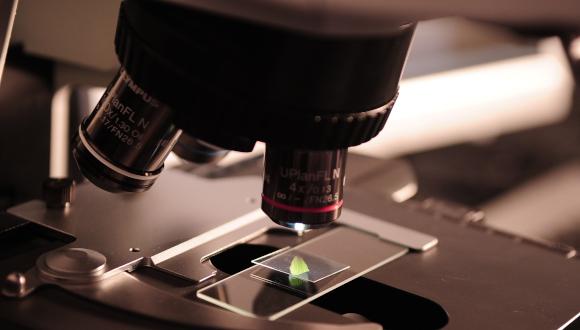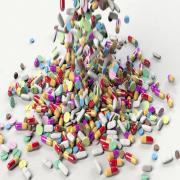Oral microbiota signatures in post-traumatic stress disorder (PTSD) veterans
From PubMed
Introduction
Despite advances in psychological diagnosis, post-traumatic stress disorder (PTSD), while being highly prevalent [1, 2], does not present definitive and objective biomarkers. Given how extensive stress exposure can damage individuals who are inherently more susceptible to stress, a wrong subjective psychological assessment could result in additional patient and societal damage [3]. War presents extreme stress-inducing situations, requiring that special attention be paid to soldier deployment, veteran benefits, and societal impacts. Considering the heritable nature of the disorder, the last decade was characterized by progress in pinpointing genetic biomarkers of PTSD based on genome-wide association studies. For example, a recent study on >250,000 veterans identified major genes as potentially causal or strongly related to PTSD [4, 5]. Accumulating somatic mutations throughout life may also change the course of PTSD, affecting neuro-immune interactions [6], with genetic and environmental factors further regulating the microbiota signature. For instance, PLEKHM1, a risk gene for PTSD [4], regulates Salmonella infection [7]. Following a similar rationale, our (and other) previous studies tied gut microbiota signatures to stressful psychological conditions, including autism and other intellectual disabilities [8,9,10], anxiety, and depression [11]. Similarly, oral microbiota composition has been tied to adolescent anxiety and depression symptoms [12], and schizophrenia [13]. Lastly, there is an excellent comprehensive study comparing gut microbiota in male cynomolgus macaques (Macaca fascicularis) including a chronic unpredictable mild stress group, or an unstressed control group. Microbe composition of paired mucosal and luminal samples from cecum, ascending, transverse, and descending colons were determined by 16S ribosomal RNA sequencing. Differences in mucosal and luminal microbial composition between the two groups were characterized by Firmicutes and Bacteroidetes at the phylum level, as well as Prevotellaceae and Lachnospiraceae at the family level, correlated with the depressive-like behavioral phenotype. Furthermore, significantly different microbiome community functions were discovered, mainly involved in carbohydrate and energy metabolism [14]. However, there is still a paucity of literature addressing gut microbiota and PTSD in humans, although an in-depth recent review comprehensively addressed the gut microbiome and mental health [15], and one particular study showed no significant general change, while a reduction in three bacterial phyla was correlated with higher PTSD severity [16].
To directly associate psychopathologies as well as protective measures related to PTSD (e.g., education attainment) [17] to oral microbiota composition, we re-visited (2018–2020) our well-controlled cohort of Israeli veterans who participated in the 1982 Lebanon war [3] and discovered a microbiome signature of PTSD. We further revealed a correlation of environmental air pollution with PTSD symptoms and psychopathology. Lastly, oral microbiome metabolic activity showed reductions in transaldolase, an enzyme controlling a major cellular energy pathway, that potentially accelerates aging [18], in correlation with excessive arousal and reactivity.





